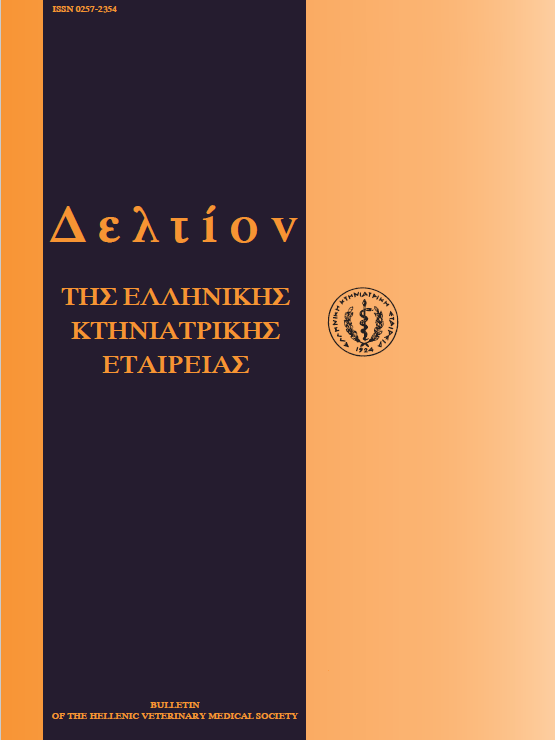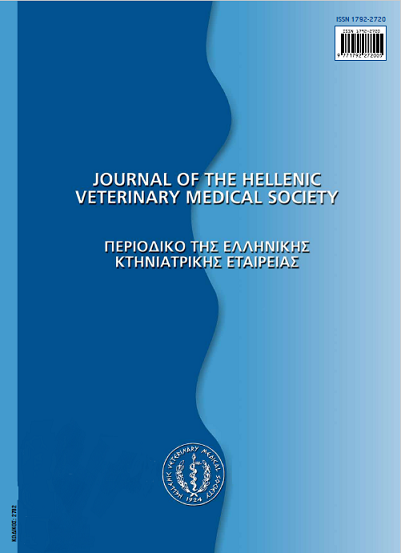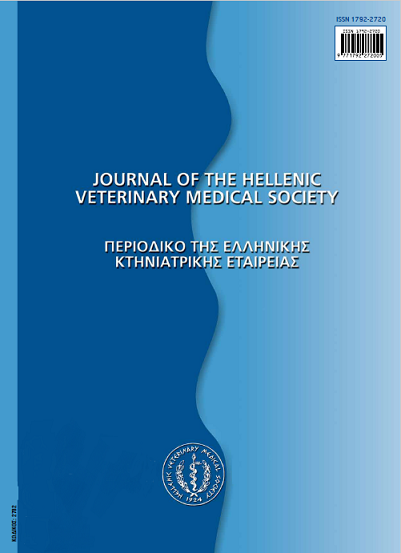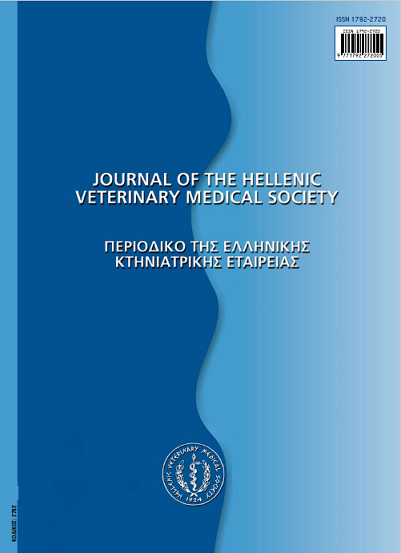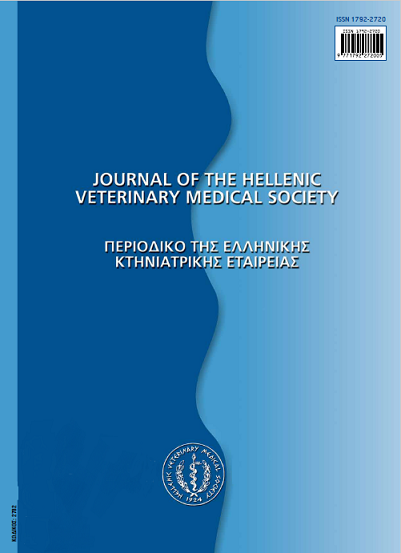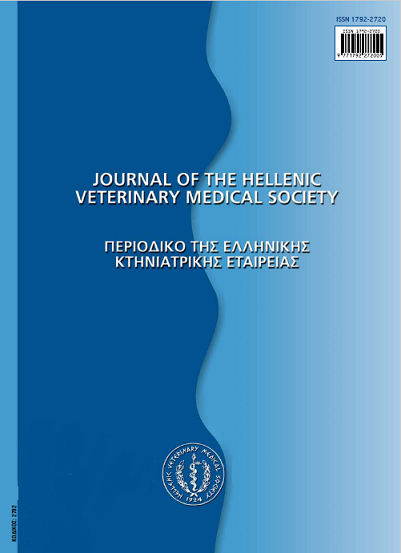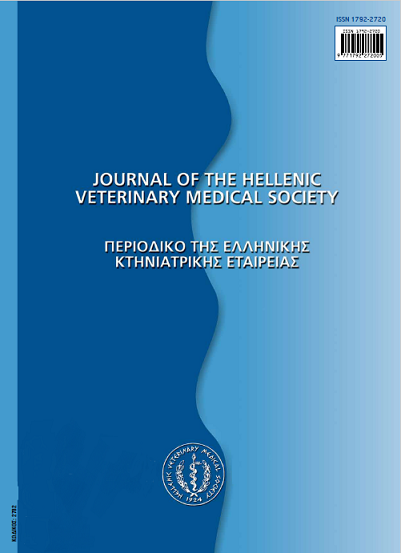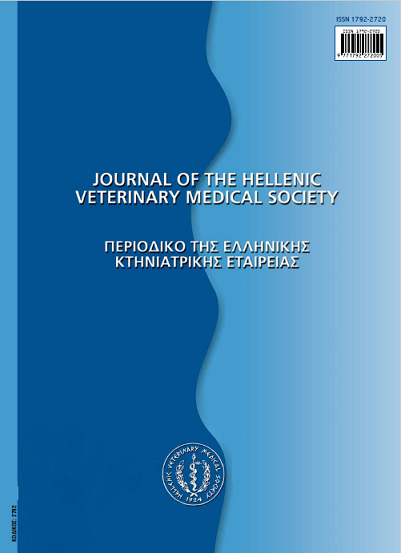Investigation of the incidence of Salmonella spp. in the diarrhoeic syndrome of young ruminants
Résumé
The presence of Salmonella spp. in the diarrhoeic syndrome of 24 cases of calves, 36 cases of kids and 14 cases of lambs was investigated. Salmonella was isolated as the pathogenic agent from six herds of calves and four cases of kids. The identified species was Salmonella enteritidis in three herds of calves and two cases of kids. Salmonella typhimurium was identified in two herds of calves and one case of kids. Also, Salmonella abony and Salmonella cerro were identified in one case of calves and kids, respectively. Furthermore, Shigella hyodysenteriae was isolated from two cases of diarrhoeic syndrome in lambs. All the infected animals were characterized by persistent haemorrhagic diarrhoea and high mortality. The occurrence of Salmonella enteritidis in ruminants is probably an important point of the epidemiology of Salmonella spp. and may play a significant role in the public health.
Article Details
- Comment citer
-
ZDRAGAS (Α. ΖΔΡΑΓΚΑΣ) A., PETSAGA-TSIMPERI (Β. ΠΕΤΣΑΓΚΑ-ΤΣΙΜΠΕΡΗ) V., & TSAKOS (Π. ΤΣΑΚΟΣ) P. (2018). Investigation of the incidence of Salmonella spp. in the diarrhoeic syndrome of young ruminants. Journal of the Hellenic Veterinary Medical Society, 51(4), 288–292. https://doi.org/10.12681/jhvms.15687
- Numéro
- Vol. 51 No 4 (2000)
- Rubrique
- Research Articles

Ce travail est disponible sous licence Creative Commons Attribution - Pas d’Utilisation Commerciale 4.0 International.
Authors who publish with this journal agree to the following terms:
· Authors retain copyright and grant the journal right of first publication with the work simultaneously licensed under a Creative Commons Attribution Non-Commercial License that allows others to share the work with an acknowledgement of the work's authorship and initial publication in this journal.
· Authors are able to enter into separate, additional contractual arrangements for the non-exclusive distribution of the journal's published version of the work (e.g. post it to an institutional repository or publish it in a book), with an acknowledgement of its initial publication in this journal.
· Authors are permitted and encouraged to post their work online (preferably in institutional repositories or on their website) prior to and during the submission process, as it can lead to productive exchanges, as well as earlier and greater citation of published work.

